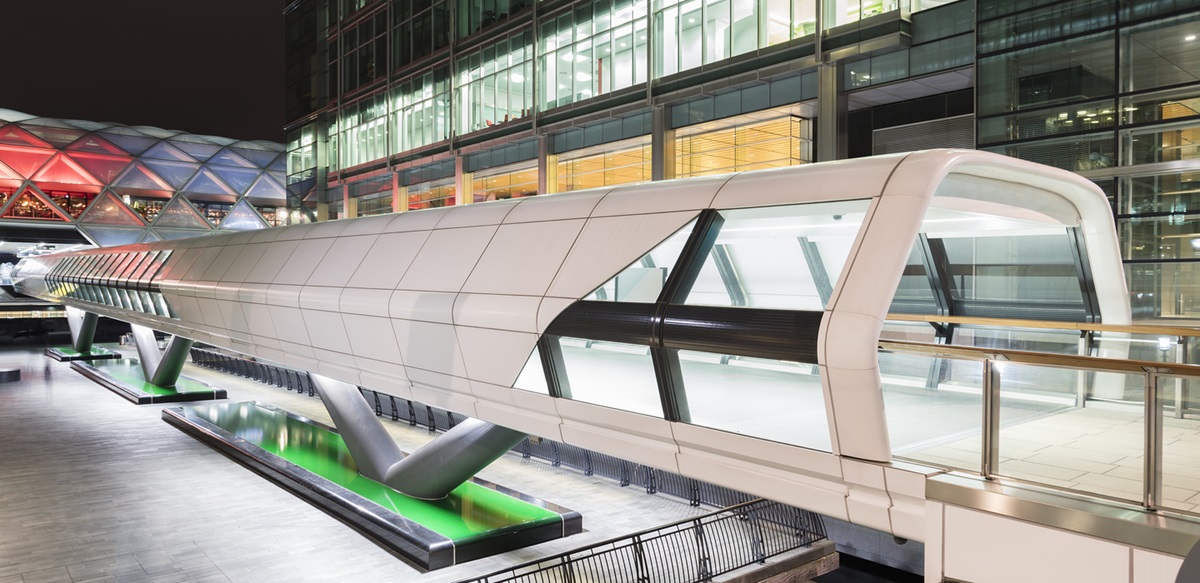For more information, contact:
Peter Feehan
Partner
30th Floor, North Tower, Beijing Kerry Centre, 1 Guanghua Road, Chaoyang District, Beijing, 100020
+86 10 8519 0011
50th Floor, Central Plaza, 18 Harbour Road, Wan Chai, Hong Kong
+852 2521 5621
Room 4605, Park Place, 1601 Nanjing West Road, Jing An District, Shanghai, 200040
+8621 6321 1166
Suite 2405, 24/F, SCIA Tower, Qianhai Shenzhen-Hong Kong Modern Service Industry Cooperation Zone of Shenzhen, Shenzhen, 518000
+86 755 6123 5666
Select your language
Please accept the geolocation request appearing in your browser
Find other offices
The development of ‘Smart Cities’ – environmentally friendly, technologically integrated municipalities – is a priority for governments around the world. We helped bring one local authority's vision to life.
In 2008, Peterborough City Council (PCC) adopted an ambitious target to make Peterborough the UK’s Environment Capital. It was a bold aim, and the council recognised that to achieve this it would need to do things differently.
The scale and scope of the change programme was unprecedented, and unlike anything seen in the public sector before.
Pinsent Masons has been involved since the inception. In addition to providing legal advice, we were asked to offer a strategic perspective on opportunities arising at the intersection of central government policy, fiscal considerations and commercial drivers for energy-sector players.
Ed Davey
Speaking as Secretary of State for Energy and Climate Change
“I welcome this initiative by Peterborough and its partner local authorities [and] encourage councils across the country to follow their lead”.
Pinsent Masons worked with the client to understand what would be acceptable from a legal and political perspective. We then married this to our detailed knowledge of policies and vehicles coming from central government, including analysis of the opportunities afforded by initiatives such as The Green Deal and the Energy Company Obligation. It also involved review of the objectives of organisations such as British Gas and the Green Investment Bank. The resulting programme comprised five core components:
At the heart of the programme was a first-of-its-kind collective switching scheme. It was aimed at leveraging the purchasing power of local authorities to get a better deal for constituents. It enabled residents and SMEs across the city to join together as a single unit to negotiate cheaper energy bills.
Participants were invited to visit a website to register their details free of charge. They were asked to provide their current energy usage figures for gas and electricity. Energy suppliers were then offered the opportunity to participate in a reverse auction. The supplier with the lowest tariff was the successful bidder. The scheme attracted over 50,000 participants, and anticipated savings of over a £1 million. This made it the largest of its kind in the UK.
Many public sector buildings are energy-inefficient and waste significant amounts of heat and power. Pinsent Masons developed the UK pathfinder project, enabling third-party investment to buildings operated by the public sector in association with the Green Investment Bank.
The project was developed through Energy Performance Contracting (EnPC). It was structured to enable a retrofit to be funded entirely by private sector investors. The investors receive repayment of the capital cost through the guaranteed savings in energy bills. This innovative structure was the first of its kind in the UK.
We brokered a deal between PCC and British Gas to roll out subsidised energy efficiency measures to thousands of homes. This created hundreds of new jobs and enabled some 7,000 homes to be improved. It created 600 local jobs for young people who were unemployed or in education or training.
Viridor is one of the UK’s leading recycling, renewable energy and waste management companies. Our client contracted with Viridor to process up to 85,000 tonnes of residual waste per annum. It diverted waste from landfill and generated net electrical power of 7.25 megawatts per year.
We incorporated into the contract structure a unique provision for PCC to purchase the electricity created from the plant. This was the first time a deal of this nature had been struck. Through it, PCC obtained all its energy requirements for municipal and civic buildings from a renewable and carbon-neutral source. It included 180 schools.
The Council also established its own energy supply business. This meant it could supply electricity, which Council Tax payers had paid for, back to the community. Given the Council owns the generating facility, it can freeze long-term prices, helping the vulnerable and fuel poor.
Pinsent Masons helped broker a strategic partnership between PCC and AVIC, a Chinese state-owned company with significant experience and expertise in renewable energy and energy efficiency. The objectives were to:
AVIC in turn explored commercial opportunities linked to:
This programme saved millions of pounds for the citizens of Peterborough. ‘Ready to Switch’ attracted over 50,000 members, with some participants reporting annual savings of up to £400. Further, savings and revenues generated for the council meant that the impact of cuts to central government budgets were mitigated, and greater protection afforded for frontline services.
For more information, contact:
Peter Feehan
Partner

We use cookies that are essential for our site to work. To improve our site, we would like to use additional cookies to help us understand how visitors use it, measure traffic to our site from social media platforms and to personalise your experience. Some of the cookies that we use are provided by third parties. To accept all cookies click ‘accept all’. To reject all optional cookies click ‘reject all’. To choose which optional cookies to allow click ‘cookie settings’. This tool uses a cookie to remember your choices.
Please visit our cookie policy for more information.